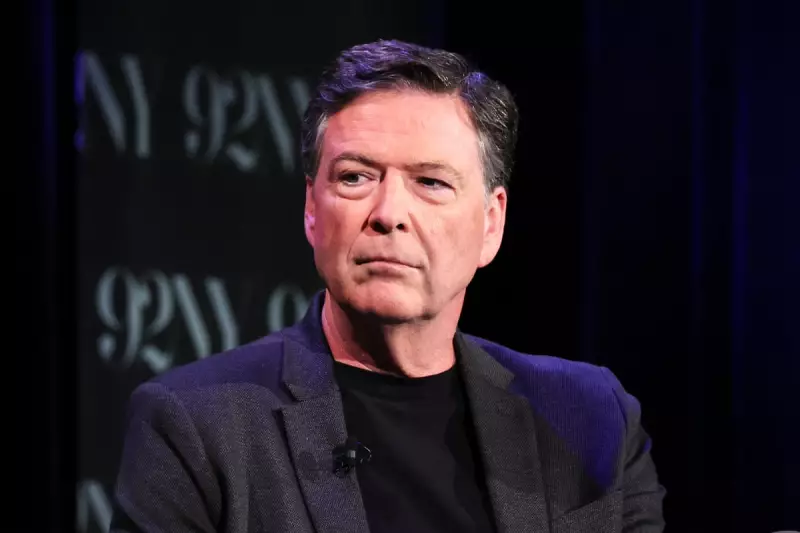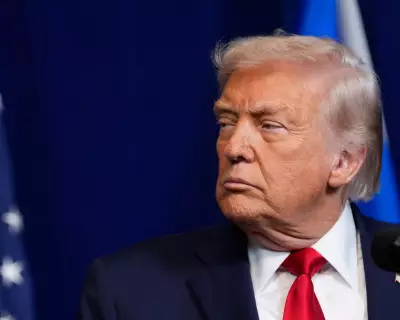
Major Procedural Error in Comey Case Revealed
Federal prosecutors have made a stunning admission in their case against former FBI director James Comey, revealing that the full grand jury never saw the final version of the indictment filed against him. This concession represents a significant challenge to the government's efforts to prosecute Comey and raises serious questions about the handling of the case.
Courtroom Confession Exposes Flawed Process
During a Wednesday hearing, prosecutors acknowledged they had failed to present the revised indictment containing only two charges to the complete grand jury panel. Instead, only the foreperson and one other grand juror reviewed the final document before it was filed.
The revelation came as Comey's legal team argued for dismissal of the case, claiming it represents a selective and vindictive prosecution. Michael Dreeben, one of Comey's attorneys, stated emphatically in court: "There is no indictment Mr Comey is facing" due to the procedural errors.
Confusion Over Indictment Versions
Court documents reveal that Lindsey Halligan, a Trump-appointed prosecutor leading the case, had originally sought three charges against Comey. The grand jury rejected one count of making a false statement, leaving only two charges: one count of making a false statement to Congress and one count of obstructing a congressional proceeding.
According to reports from CNN and Lawfare, when pressed by US District Judge Michael Nachmanoff, Halligan confirmed that proper procedures weren't followed in presenting the revised indictment. The magistrate judge overseeing the case noted she had been given two different versions of the indictment, indicating confusion in the process.
Andrew Tessman, a former federal prosecutor, described the situation as "highly problematic" and a "fatal flaw" in the case. "This is just not how grand jury operates," Tessman emphasized, highlighting the seriousness of the procedural misstep.
Inexperienced Prosecutor at Centre of Controversy
Adding to the controversy is Halligan's background as a former insurance lawyer with no prior criminal case experience. Tessman noted the significance of this, stating: "You pulled a random insurance lawyer off the street and you put her into the grand jury with no training and no other experienced attorney there. It's not surprising at all that some big mistake was made."
The procedural issues come days after a magistrate judge identified potential "government misconduct" and noted that Halligan made at least two "fundamental and highly prejudicial" misstatements of law to the grand jury.
Judge Nachmanoff has given the Justice Department until 5pm on Wednesday to provide further explanation of what occurred. Meanwhile, the case continues to unfold with the integrity of the entire prosecution now in question.





